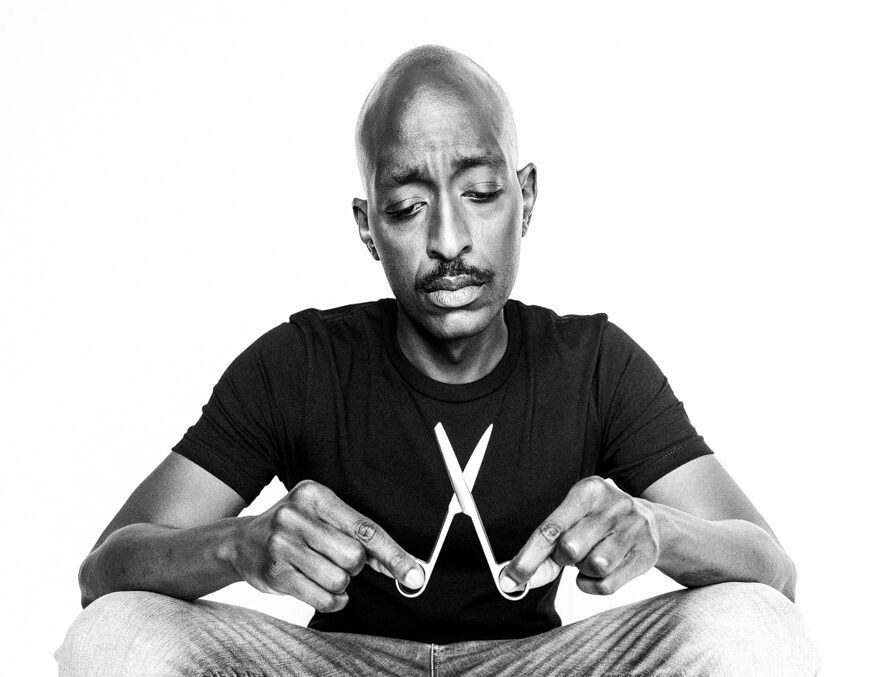The opposition to circumcision has gained significant traction in recent years, leading to medical, cultural, social and religious debate. As the dispute escalates, I want to shed some light on this controversial subject and share some of the reasons I’m against circumcision.
Bodily autonomy
The most blatant reason is the violation of bodily autonomy. An infant is not able to consent. They should have the right to determine what happens to their body later in life. Removing a healthy part of a young child’s genitals as a matter of routine violates this fundamental right. Anti-circumcision activists point out that the procedure subjects infants to unnecessary pain and potential complications. It has led to bleeding, infection, penile damage and even death. It is quite simply barbaric.
Furthermore, though many will argue the complications of circumcision are generally rare and that any medical procedure carries risks, the potential harm outweighs any perceived benefits. If a man wants to have this procedure when he is old enough to make that decision for himself, so be it. But if he can’t imagine having it done because “it would be too painful,” how can anyone justify it should be done to a baby?
Sexual function
When I was younger, I was surprised to learn how much this procedure affected men’s sexual well-being. The practice leads to a decrease in sexual function and sensitivity. Removing the foreskin, which contains numerous sensory nerve endings, including the very sensitive frenulum, diminishes pleasure and robs men of the potential for a fully satisfying sexual experience.
Medically unnecessary
One of my biggest problems with infant circumcision is the straight-up lack of medical necessity. Proponents list supposed health benefits, such as decreased risk of urinary tract infections, penile cancer and sexually transmitted diseases, but these are statistically insignificant and not enough to warrant the procedure for all males.
Many of the issues involved can be avoided simply by maintaining proper hygiene (good old-fashioned soap and water, guys) and practicing safe sex. An estimated two-thirds of the global male population are uncircumcised, and they have figured this out. These measures render the mutilation unnecessary.
The heart of the matter
Another aspect of the debate is circumcision’s role as a cultural and religious practice. Proponents emphasize respecting cultural diversity and religious freedom. I would argue that imposing circumcision on a child without medical necessity or informed consent is a violation of what’s at the heart of most of the world’s traditions. Individuals should be able to decide for themselves when they come of age if circumcision is a cultural or religious priority for them.
All these concerns drive my involvement in the anti infant-circumcision movement. To turn the tide and end this, it is crucial for us to engage in well-informed conversations about it and to be the change we want to see.


